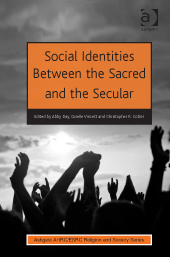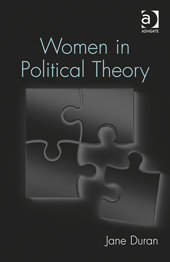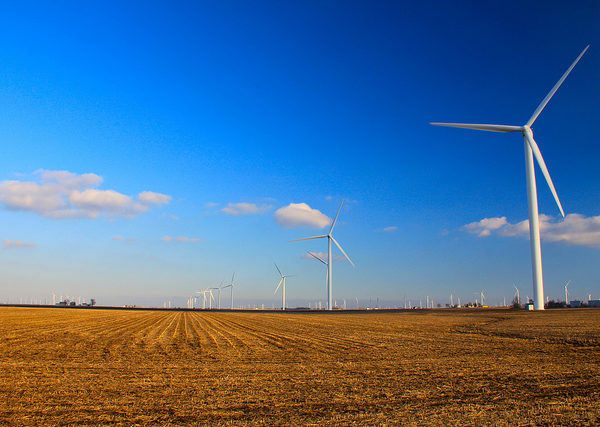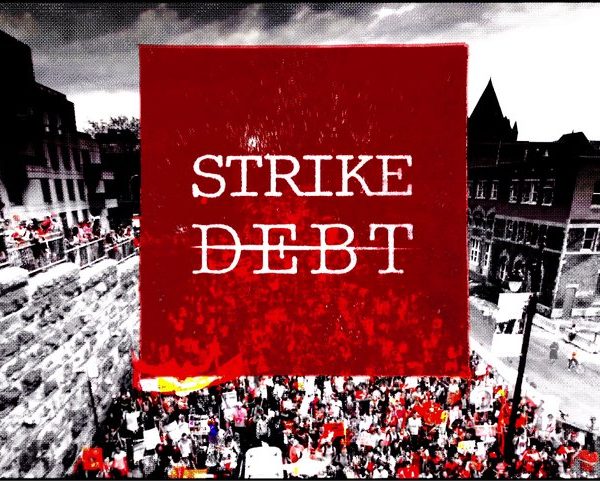
It’s become something of a commonplace among commentators and critics on both ends of the political spectrum to declare the death of the Occupy movement, whose campaigns against social and economic injustice and political corruption began to garner international attention in mid-2011. Although the last of the movement’s higher profile encampments were shut down in early 2012, it would be a mistake to conclude that Occupy is no more.
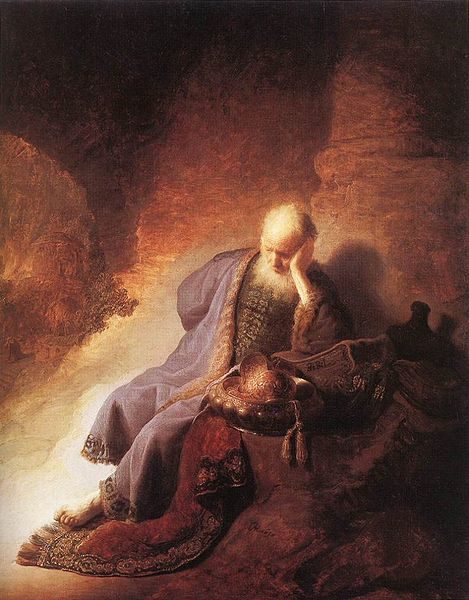
Jeremiah 31:27-34 confirms for us that God is present through the thick and thin of pain and suffering and in the disturbing questions that these experiences raise. But a day will come when God out of God’s grace and mercy will provide the community with all that is needed to overcome this pain and build life anew.
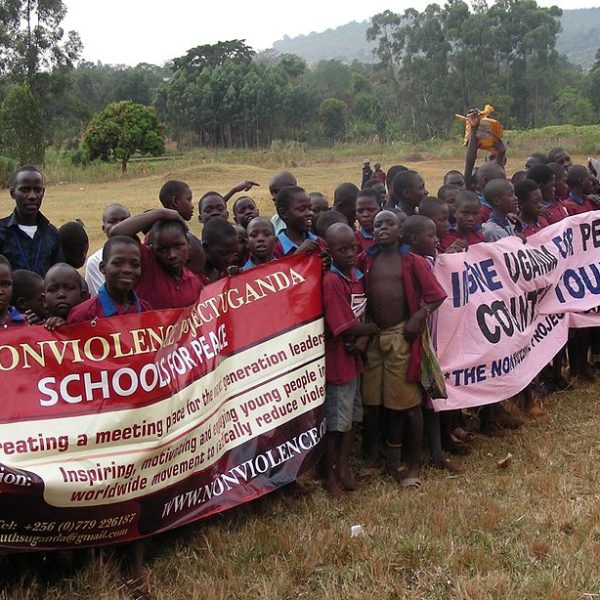
Nonviolence and pacifism are often pitted against one another, even though pacifism was once considered the activist term to distinguish it from nonresistance. Now, pacifism is thrown under the bus, even by vigorous advocates of nonviolence. For instance, Gene Sharp clarifies that nonviolent action is, appropriately, action that is nonviolent, as opposed to pacifism.
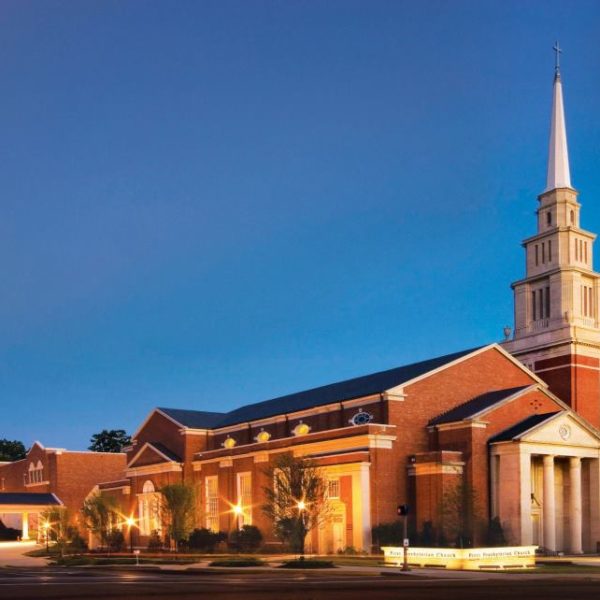
2013 marks the 50th anniversary of the climax of the modern civil rights movement in the United States. Amidst the national reflection, some Protestants have been led to critically reexamine the doctrine of the “spirituality of the church” which has had a foothold within segments the Presbyterian Church for nearly two centuries.
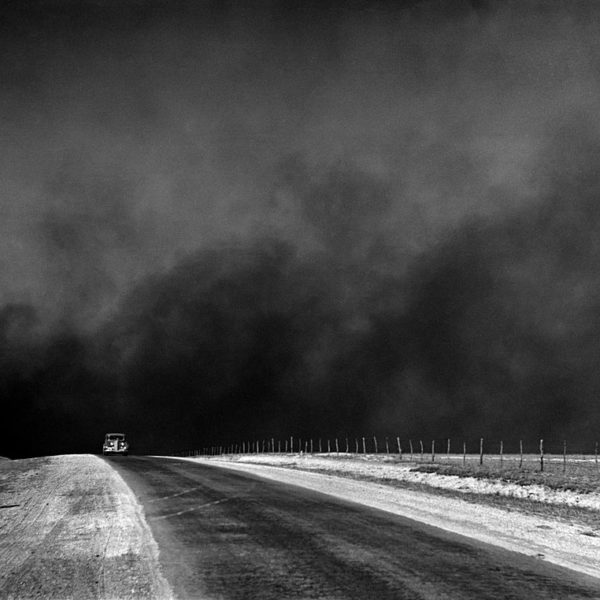
Here’s a brain-teaser for you. How does a recent PBS documentary about America’s “Dust Bowl” of the 1930s combine with a just-published book by one of the nation’s best-known venture capitalists to shed light in an unprecedented and powerful way on the government shutdown and the struggle over the debt-limit?
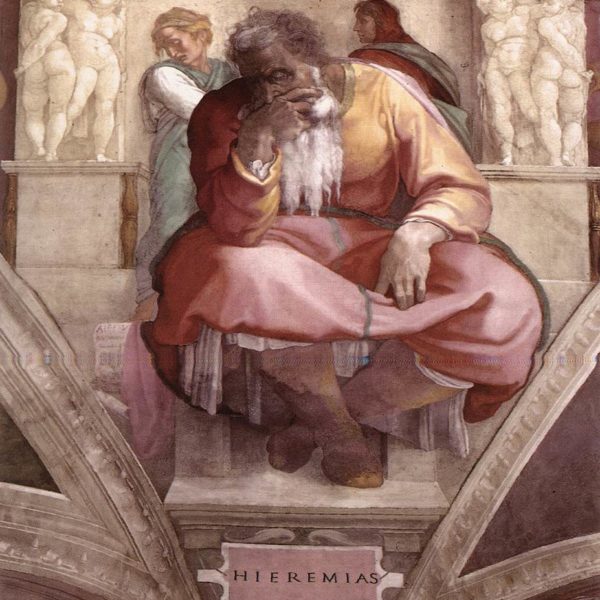
The policy of accommodation, cooperative political activities and praying to God for the well-being of a foreign city as suggested by Jeremiah was both innovative and a great challenge to the exilic community. It also has lessons for us as we seek a public, politically and socially relevant theology.
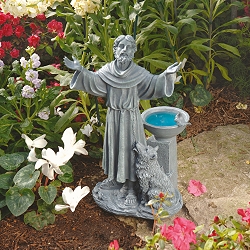
Today, Catholics celebrate the feast of one of the church’s most beloved saints, Francis of Assisi. Francis had both a special concern for the poor and a deep appreciation for God’s presence in all creation, and in recognition of this unique charism Blessed Pope John Paul II declared Francis patron saint of “those who promote ecology” in 1979. That declaration has caused Francis to be associated in the minds of many Catholics with the church’s commitment to environmental stewardship.
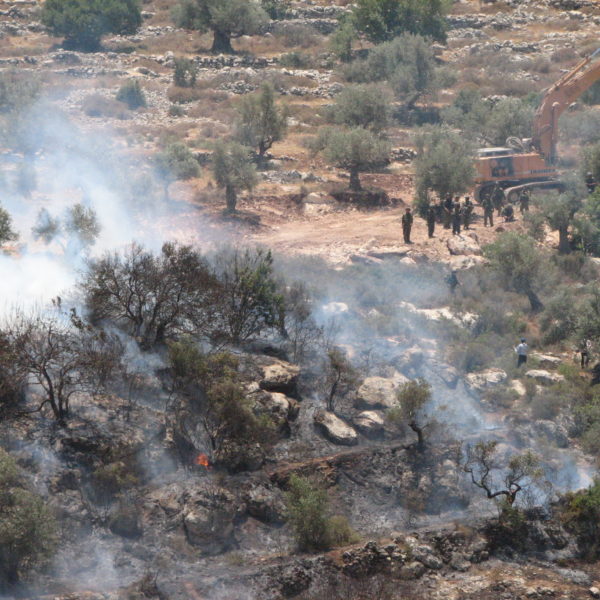
In 2008, I worked in Ramallah as a journalist and interim editor for the Palestine Monitor, a web-based news source committed to “exposing life under occupation.” I traveled throughout the West Bank, writing several articles about the village of Ni’lin, whose olive groves and roads are fractured due to the construction of the separation wall.
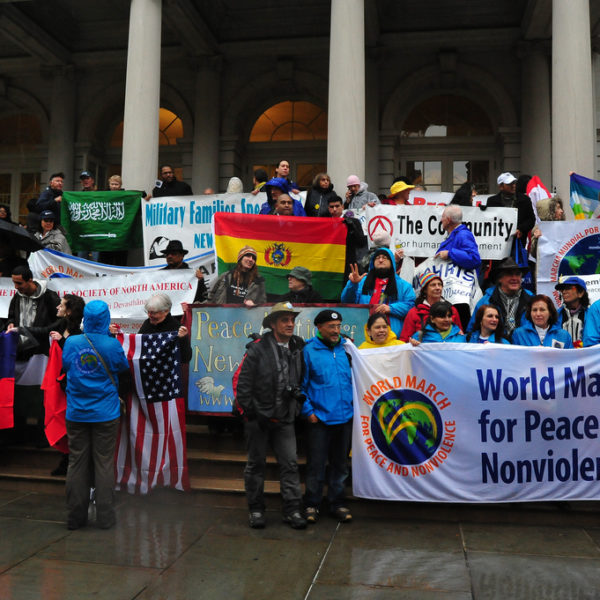
Apparently, nonviolence and democracy are strongly connected. Recent research suggests that nonviolent resistance campaigns are much more likely than violent ones to pave the way for “democratic regimes.” . . . But what, in the world, is democracy? The term resides in a restless spectrum, so perhaps the adjective democratic should be employed more than the noun.
